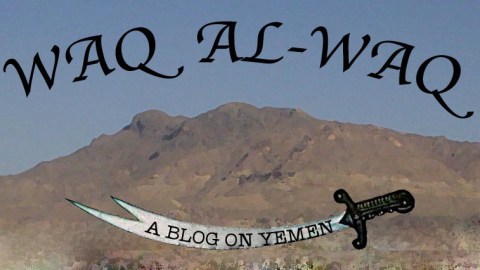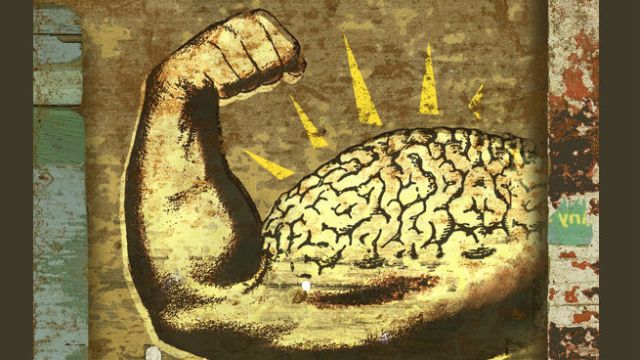Decade of Fear

Today, north of the border, in one of my favorite Canadian cities, there is a book launch for Michelle Shephard’s new book, Decade of Fear: Reporting from Terrorism’s Grey Zone.
You can watch a trailer of the book – yes, there are book trailers – here.
The book is a journalistic memoir/travelouge that ranges from New York, Somalia, and Guantanamo Bay to Yemen and Pakistan and back again. I was fortunate enough to read two of the chapters – the ones dealing with Yemen – prior to publication, and now I’m enjoying the rest of the book.
(Full disclosure: I’m thanked in the acknowledgments. But I don’t believe my familiarity with the book or the fact that Shephard says some nice things about me blinds me to objectivity. In this case I think familiarity with the material is a plus.)
There are, as is expected, a handful of books being published to coincide with the 10th anniversary of 9/11. I talked about two of them here the other day, and there are a number more that I will be reading and discussing here on Waq al-waq in the days to come. Some such as Ali Soufan’s The Black Banners I’m really looking forward to, even if the CIA is attempting to censor it.
But I think one of the strengths of Shephard’s book is that it gives the reader a sense of how the war against al-Qaeda is being conducted in different places around the globe, the centers of upheaval like Yemen and Guantanamo Bay that we often hear about in passing, but never really get quality reports from. It is, I think, a story of the other side of the war against al-Qaeda. There is no Iraq or Afghanistan here, no big army or lengthy embedded trips (although there is a “spy cruise), but rather this is how the war looks from the shadows, the places where the US is fighting by other means.
And I think Shephard is the right person to tell the story, a Canadian, writing for the Toronto Star (Hemingway’s old paper), she brings a slightly different lens to bear on events than an American might, sort of like looking at yourself in the mirror from a different angle – you see things you never noticed before.
The book is really is a snapshot of a lost decade, one that Shephard’s title suggests will ultimately be remembered as a time of fear, when people, to paraphrase Gibbon, were more concerned of their safety than they were of their liberties.
Over the past several years, I’ve had the pleasure to speak with a number of journalists, almost always on the subject of Yemen. Like any profession, there are good journalists and bad journalists, those that are interested in understanding a complex and trying subject and those that are only interested in a quote to fit a preconceived idea.
Shephard is one of the former. Along with Robert Worth of the NY Times, she has made a concentrated effort to understand Yemen on its own terms. And this shows in her writing on the country. Indeed, I almost always feel as though I learn something new about Yemen when I read these two journalists, who are for my money the two best journalists, writing in English on the country.*
This doesn’t mean of course that I always agree with her take or that she always agrees with my analysis, but she has spent enough time in the country and has enough sources from all different walks of life that her opinion has to be taken seriously.
Given her integrity and professionalism, I’m sure this is the case for the other places from which she reports as well.
The book does what good reporting is supposed to do: it makes a complicated world understandable without dumbing it down. And that is no easy task. The fact that she does it while telling a compelling story, made all the more real through the men and women she meets, makes reading it entertaining as well as educational. I
f you want to know what has been happening in the shadows over the past decade this is a book for you.
* There are also a handful of young stringers based in the country, who do an excellent job reporting the news and writing about Yemen. But I’m referring only to full-time reporters on staff. We are all in debt to the young English-language stringers like Laura Kasinof, Jeb Boone, Iona Craig, Tom Finn, and others who bring us the hard-to-report news from Yemen.





